Knowledge Hub
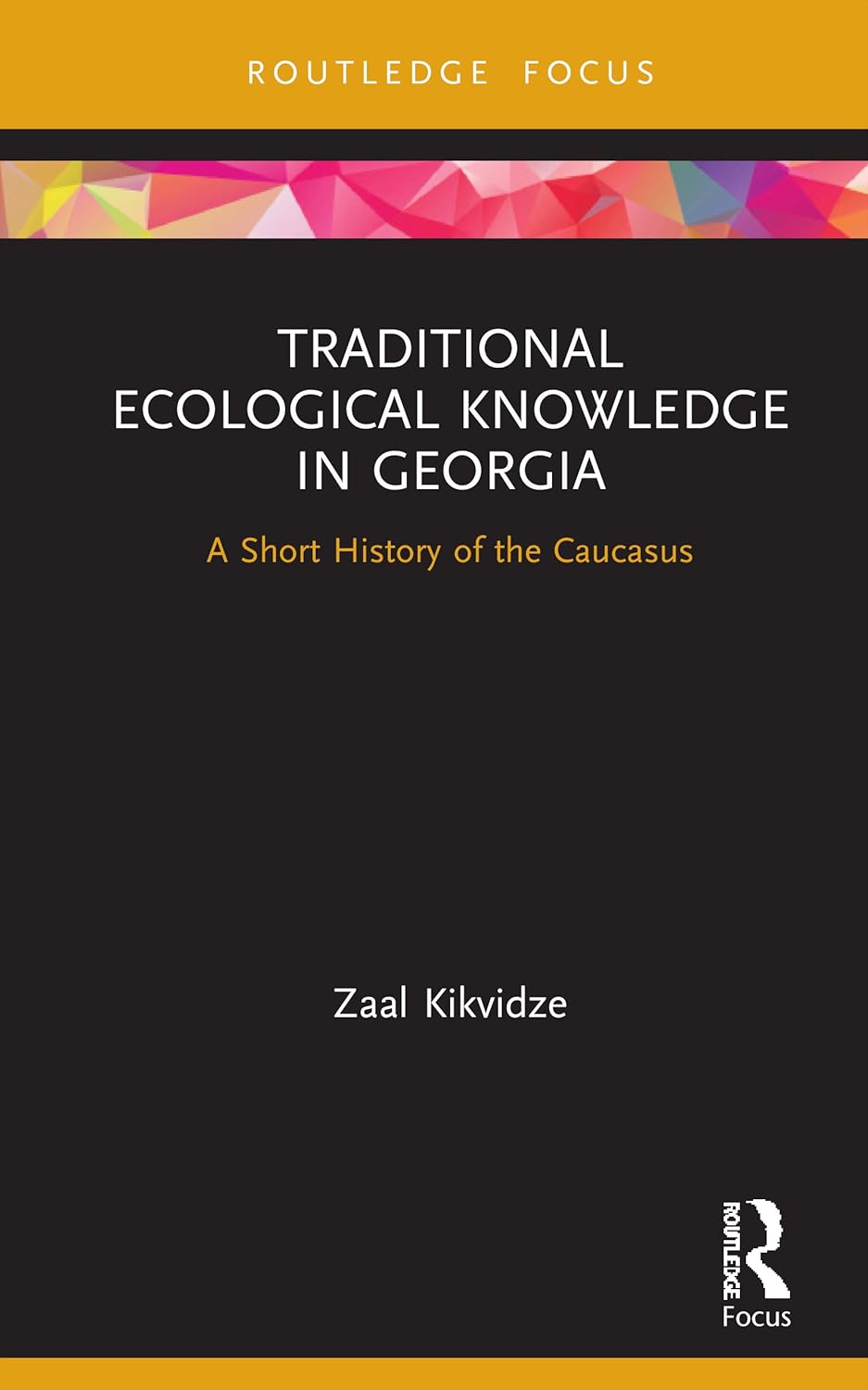
Traditional Ecological Knowledge in Georgia: A Short History of the Caucasus
2022
Author(s): Kikvidze Z
This multidisciplinary book develops a synthesis of traditional ecological knowledge in the Caucasus region in Georgia â a hotspot of natural and cultural diversity.
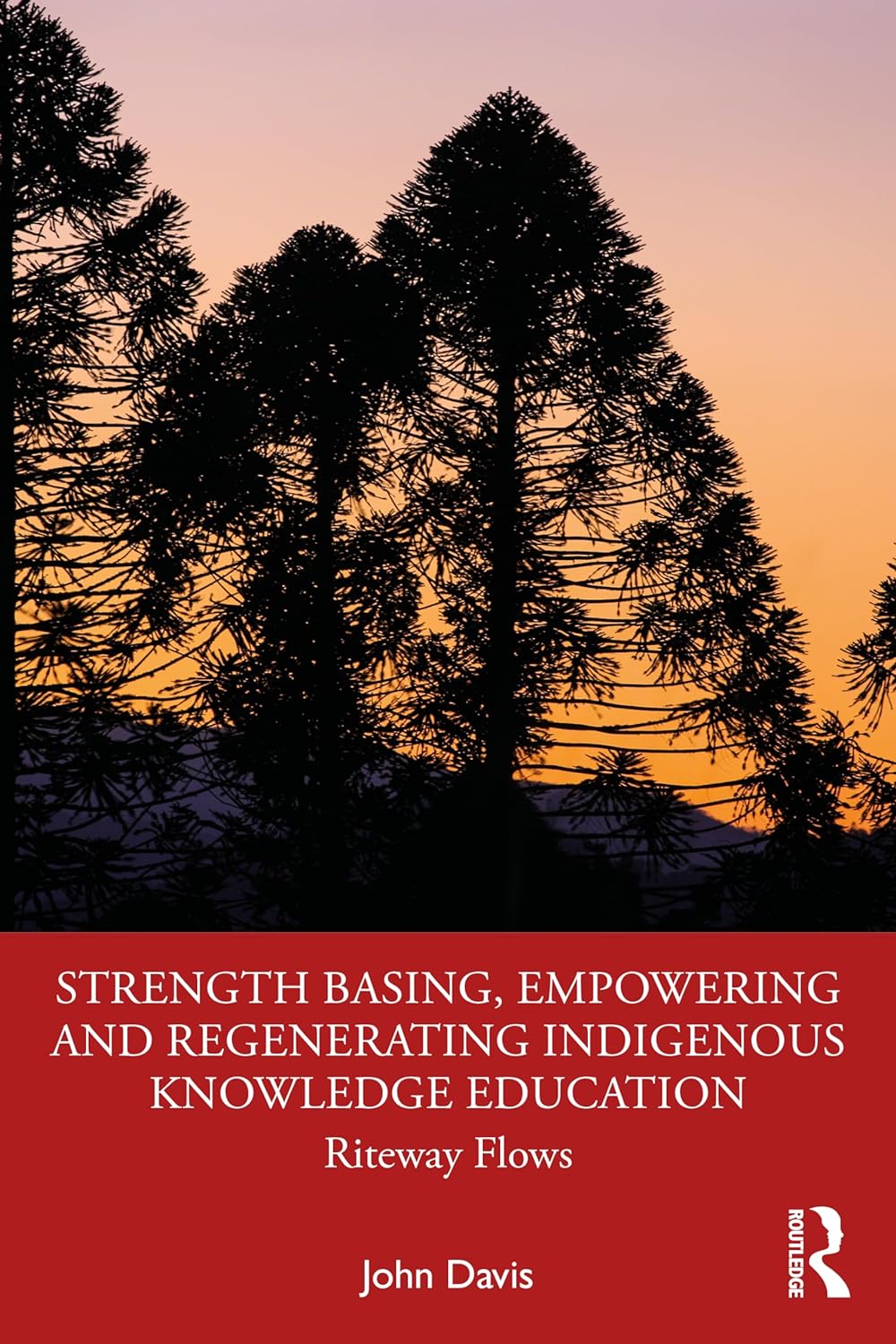
Strength Basing, Empowering and Regenerating Indigenous Knowledge Education: Riteway Flows
2024
Author(s): Davis J
The book demonstrates how to bring Indigenous Knowledges to the forefront of education practice and provides educators with the tools to enact culturally responsive curricula and pedagogies, ensuring positive educational outcomes for Aboriginal and Torres Strait Islander children and students.
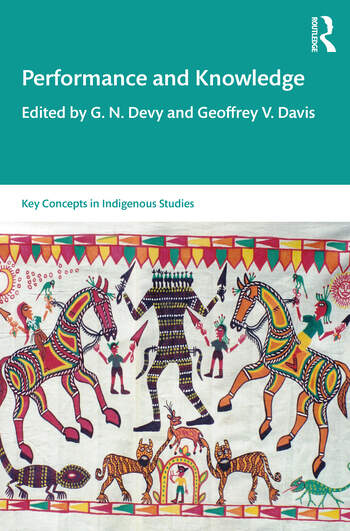
Performance and Knowledge: Key Concepts in Indigenous Studies
2021
Author(s): Devy G N, Davis G V
This final volume in the five-volume series deals with the two key concepts of performance and knowledge of the indigenous people from all continents of the world.
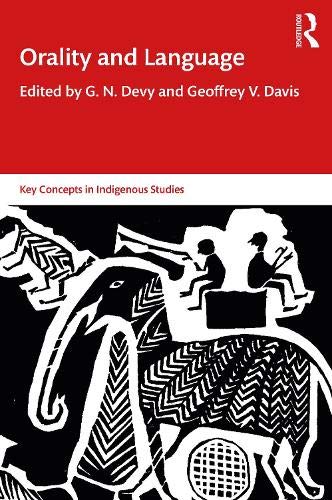
This book, the fourth in a five-volume series, deals with the two key concepts of language and orality of indigenous peoples from Asia, Australia, North America and South America.
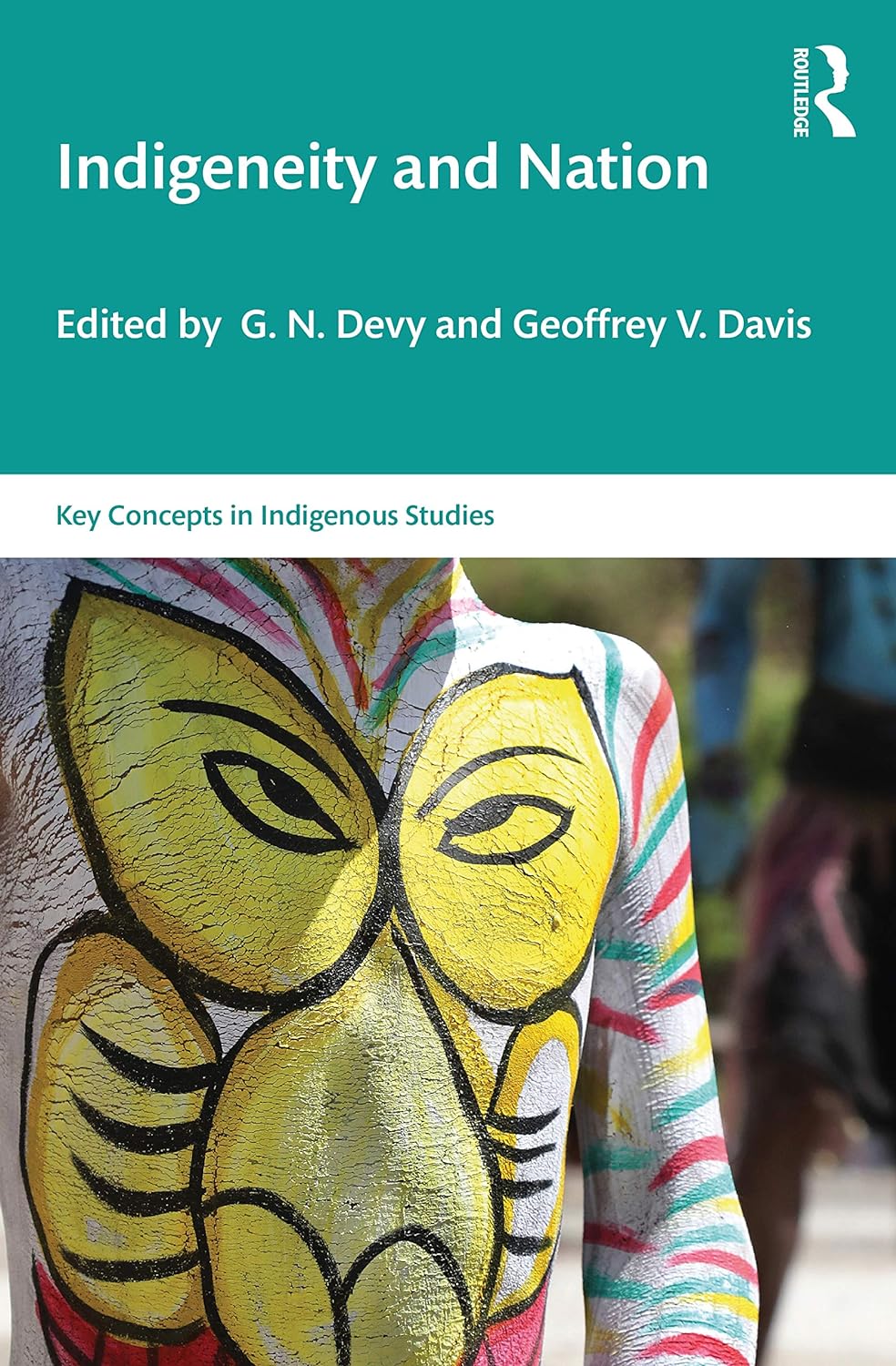
Indigeneity and Nation: Key Concepts in Indigenous Studies
2020
Author(s): Devy G N, Davis G V
The book, the third in a five-volume series, deals with the two key concepts of indigeneity and nation of indigenous people from all the continents of the world.
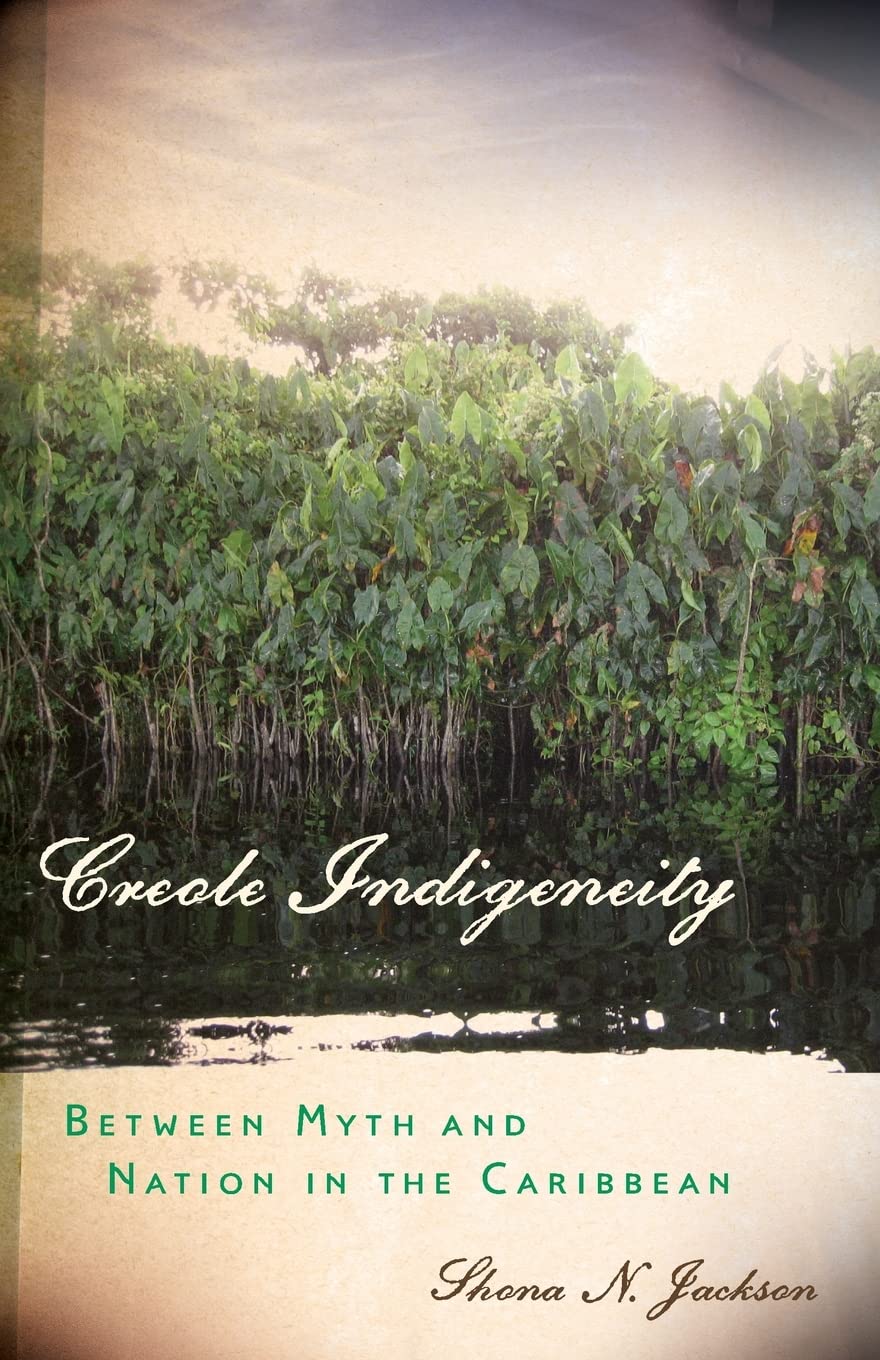
In this book the author explores aboriginal and Creole identities in Guyanese society. Through government documents, interviews, and political speeches, she reveals how Creoles, though unable to usurp the place of aboriginals as First Peoples in the New World, nonetheless managed to introduce a new, more socially viable definition of belonging, through labor.
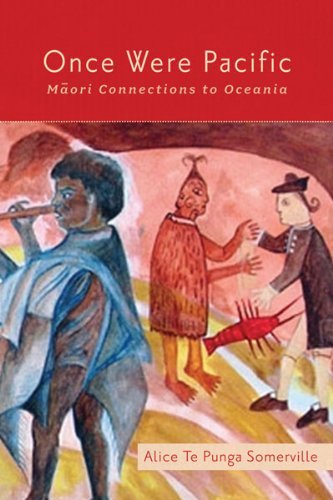
The book explores the relationship between indigeneity and migration among MÄori and Pacific peoples. It considers how MÄori and other Pacific peoples frame their connection to the ocean, to New Zealand, and to each other through various creative works. In this sustained treatment of the MÄori diaspora, the author provides the first critical analysis of relationships between Indigenous and migrant communities in New Zealand.
Biological Management of Prominent Weeds of Glycin Max Employing Indigenous Microbes
2024
Author(s): Ranu S
The study evaluated impact of bio-herbicide to control the indigenous weed of glycin max. The importance of research work lies in the fact that a well organized and periodical survey of various leguminous crop (Glycine max) fields would bring to light many microflora which may have very high herbicidal properties directly or through biorationals.
Indigenous Knowledge System of Agricultural Farming among the Sumi Naga A study on the Farming Pattern of Nagaland
2024
Author(s): Zhimomi L K
This study provides a multifaceted window into the intricate tapestry of the SumiâNaga tribal community's agricultural practices, cultural traditions, and the delicate interplay between the two. By bridging empirical research with the preservation imperative, the study shines a spotlight on the urgency of safeguarding these practices and traditions, ensuring their continuous propagation for generations to come.
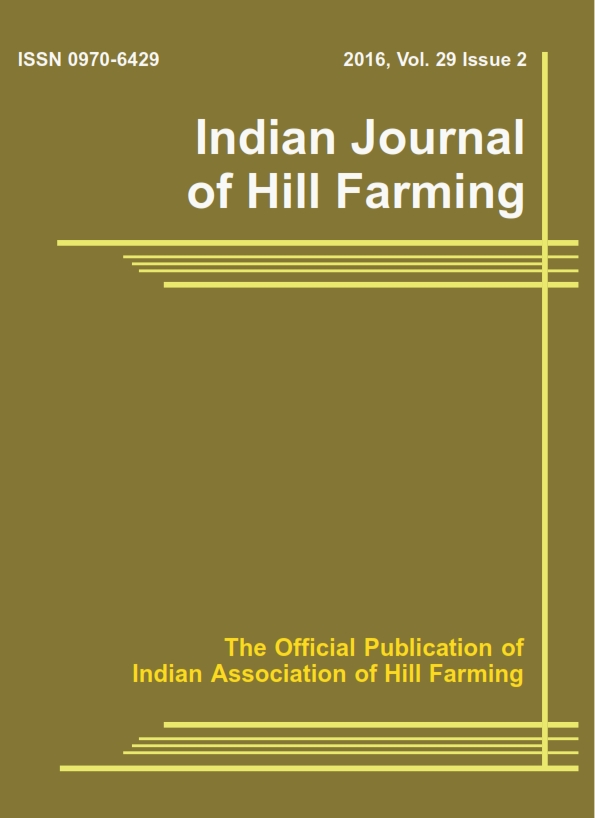
Indian Journal of Hill Farming
1987
Publisher/Organisation: Indian Association of Hill Farming
The Indian Journal of Hill Farming (Indian J Hill Farming) is the official organ of the Indian Association of Hill Farming, Umiam, Meghalaya, India and is devoted to original research report on all aspects of Agriculture, Animal Husbandry, Fisheries, Forestry, Ecology and other related fields of biology pertaining to Hill Farming.



